Meet the Students Bridging the DSP Employment Gap: Profiles of NEXT for AUTISM FELLOWS Recipients
Name: Mariza A.
Major: AA Elementary Education
Anticipated Graduation Year: 2025
What motivated you to apply for this employment-based scholarship opportunity?
The reason why I applied for the employment-based scholarship is my current job. I work one-on-one with individuals who are diagnosed with autism. I learned so much from working with these individuals, they have made me more compassionate as well as enthusiastic. With this opportunity, I would like to broaden my knowledge to help more individuals with any obstacles they face.
How has working with the autistic and intellectually disabled communities impacted your classroom learning?
Working with these individuals has greatly impacted my learning. I have learned different skills in working alongside them as well as helping them achieve their own goals. It made me want to learn more ways in how I can help them and how I can help others in my community.
What are your goals post-graduation?
After graduation, I am planning to enroll for my bachelor's. I do want to continue with my current job and help individuals get farther in their goals.
What is something you have learned that has been unexpected during your work with autistic and intellectually disabled individuals?
What I have learned is the huge impact I have on them. Seeing their faces when I help them achieve something or help them with a new skill is rewarding. Their excitement and joyful moments have come unexpectedly and that is one aspect as well that has impacted me. I didn’t put into deep thought the great difference I have in being in their lives and helping them.
What, if any, misconceptions did you have about working as a DSP?
A misconception I had before working as a DSP was the trouble of bonding and creating a friendship with these individuals. I thought it would be difficult to communicate with them and have a friendship, and it's been the opposite. Seeing them learn and grow while living a full life because of the job we do has been more than rewarding.
How has your view on inclusion changed since supporting individuals with IDD as a DSP?
My view on inclusion changed tremendously. I have always thought those who are diagnosed were segregated from the rest to have someone work with them one-on-one. However, after experiencing firsthand what it’s like to work with an individual with the same equal opportunities as others, I have changed my way of thinking for the better. Seeing them work and communicate with others who are their developing peers has caused me to become more open and accepting to everything around me.
What is the best part of working as a DSP?
The best part of working as a DSP is witnessing the great improvement and achievements of the individuals with whom I work. Seeing them grow and flourish has been the best reward for me and knowing that I helped them become the best versions of themselves.
What piece of advice would you have for someone thinking about becoming a DSP?
My piece of advice as someone who’s been doing this only for 3 years is, do it. Don’t hesitate and join a team to help amazing individuals achieve their goals. At first, it can be challenging because you have your own set of thoughts and knowledge as well as learning how to do the job at hand, but after working with them, it will be the greatest choice you’ve made.

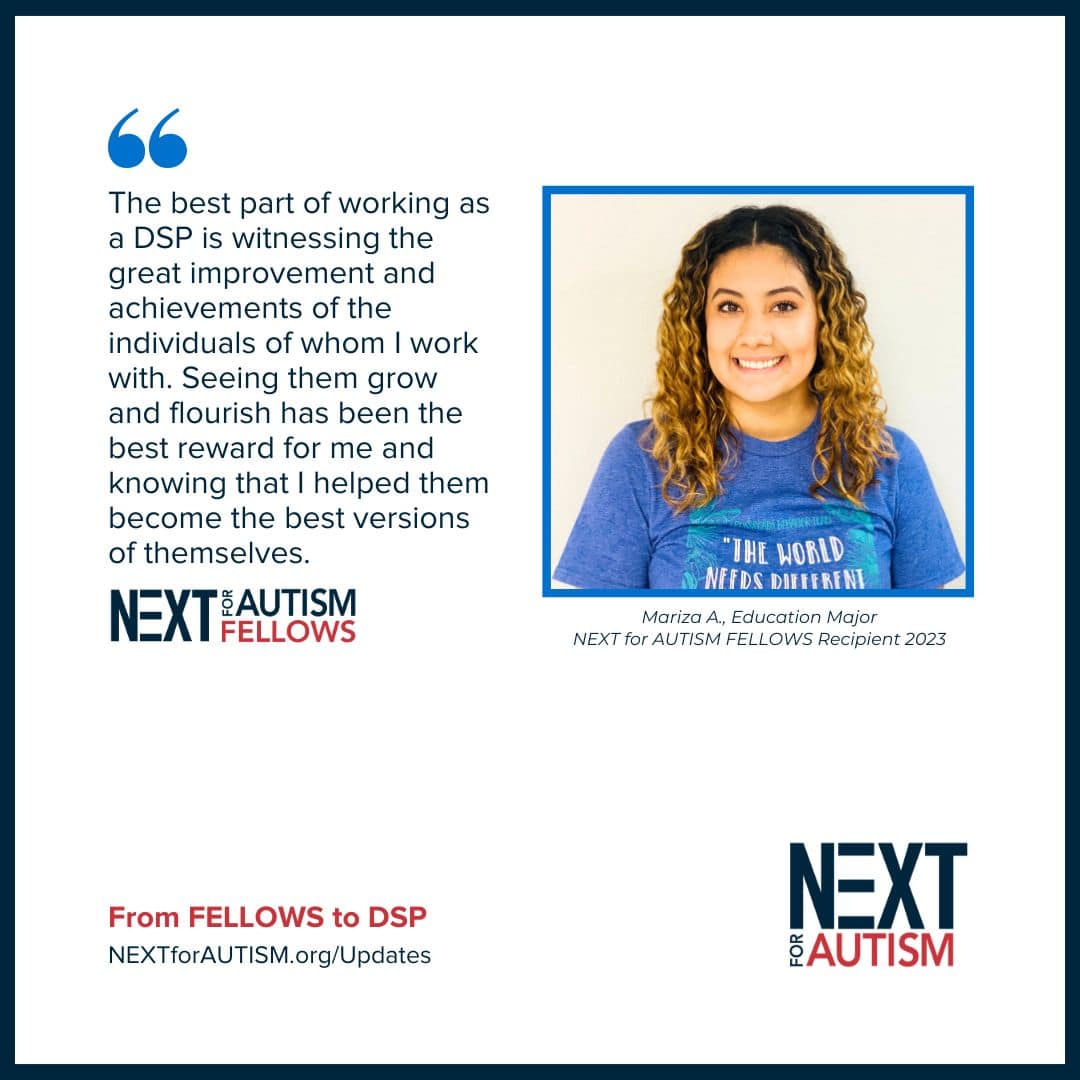
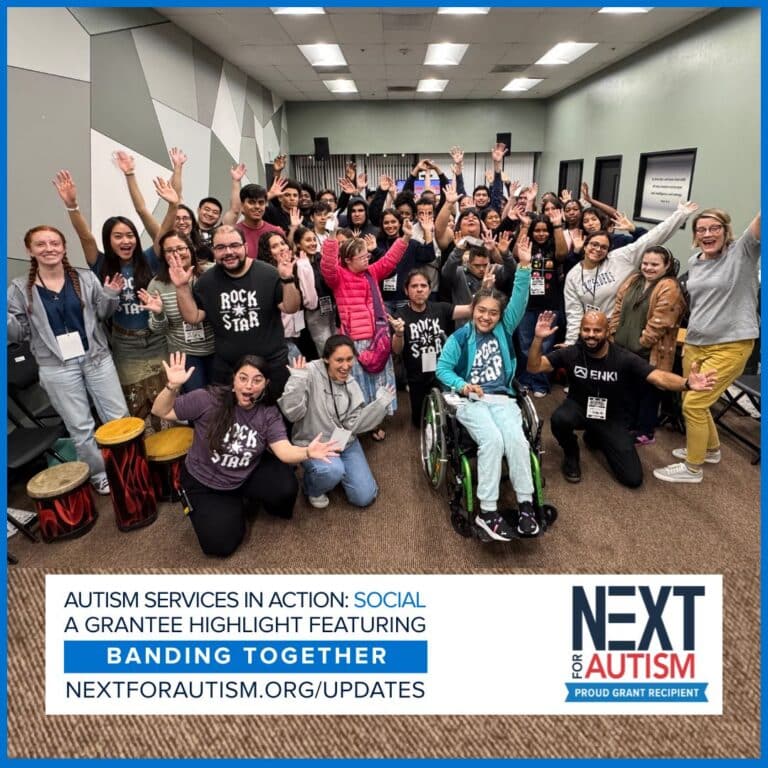
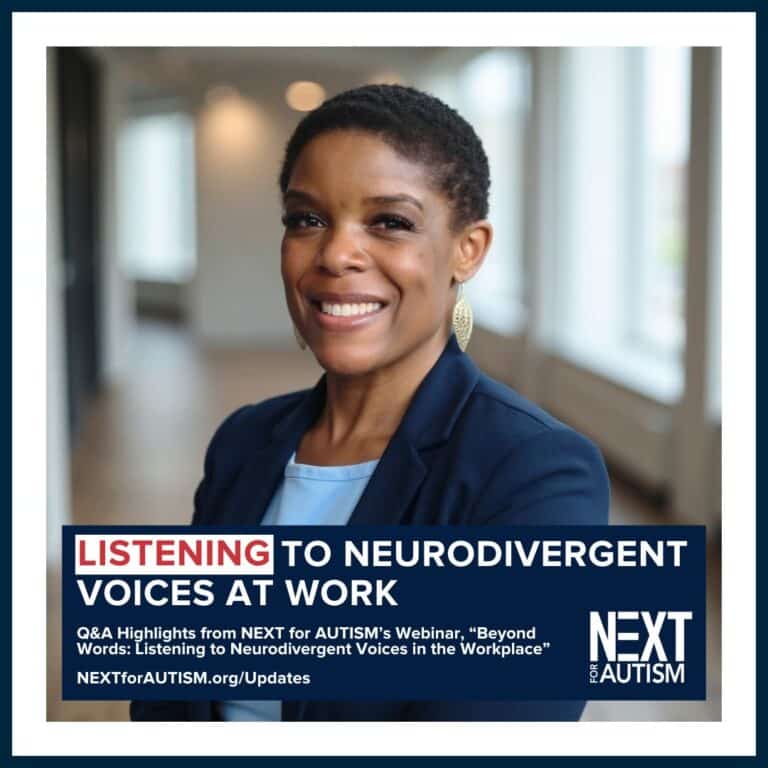
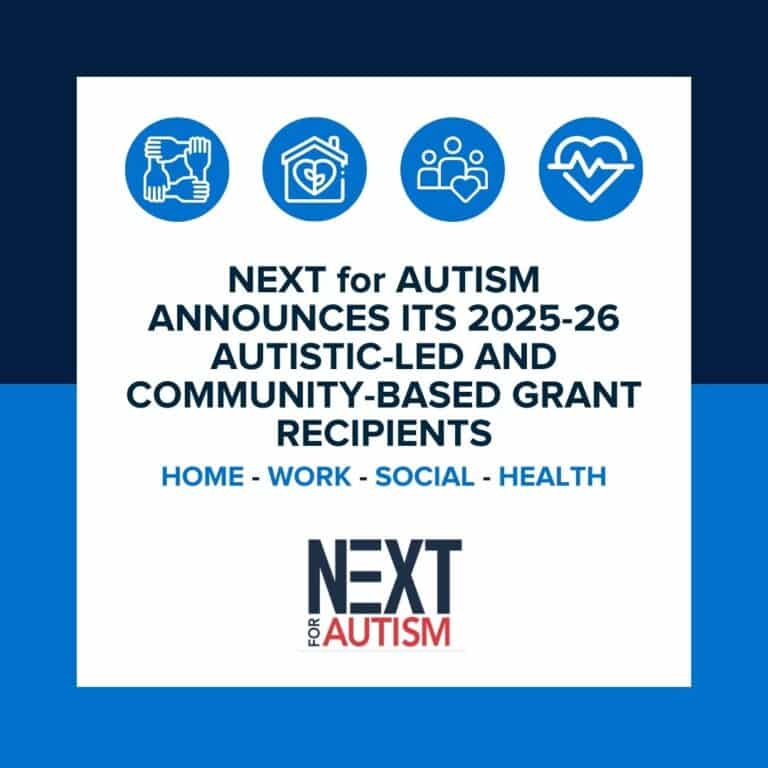

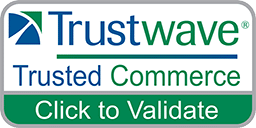
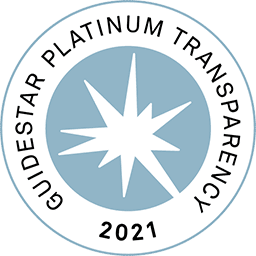
Leave a Reply